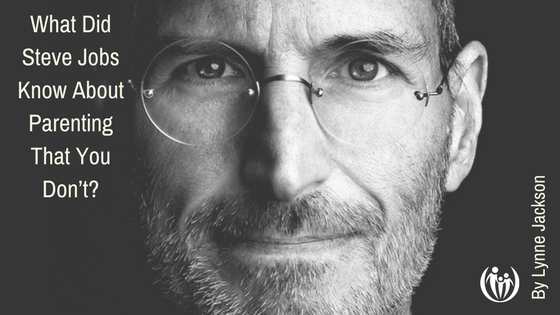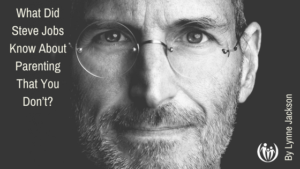
What did Steve Jobs know about parenting that you don’t?
In a New York Times article, a journalist recalls how he once commented to Steve Jobs that his kids must love the iPod. Surprisingly Jobs replied bluntly, “They haven’t used it. We limit how much technology our kids use at home.” Jobs knew firsthand the potential dangers of technology.
But how did he avoid having a mutiny on his hands? His kids’ friends probably expected that anyone in the Jobs family would have the latest, greatest stuff, and that time at their house would be an electronic frolic from start to finish.
Walter Isaacson, the author of Steve Jobs, shares Jobs’ secret of firmly prioritizing thoughtful, engaging, real-life interaction with his kids:
Every evening Steve made a point of having dinner at the big long table in their kitchen, discussing books and history and a variety of things. No one ever pulled out an iPad or computer. The kids did not seem addicted at all to devices. (Isaacson, emphasis added)
This approach to managing technology use — one of the toughest areas for parents today — is a great example of Steven Covey’s famous statement, “It’s easier to say no when you have a bigger yes.”
What’s your “big yes”?
Steve Jobs knew the dangers of technology like few people know. But he also knew the wisdom of an inspiring “big yes.” He strongly communicated this message to his kids around the dinner table: Our family talks about and connects deeply around important, real life things. We will not allow technology to define us.
Apply It Now:
- Get honest with yourself in answering this question: What would your children say is really important in your house?
- What are some of the small “Yeses” (engaging, three-dimensional/face-to-face activities) that you want to make bigger in your home?
- Dinners are a critical connecting point in a family’s day. How do you want yours to go?
Sign up below to receive a weekly dose of encouragement straight to your inbox:


